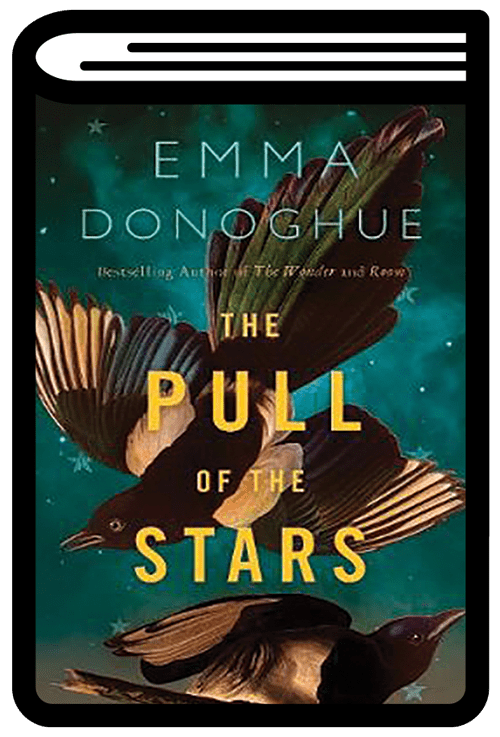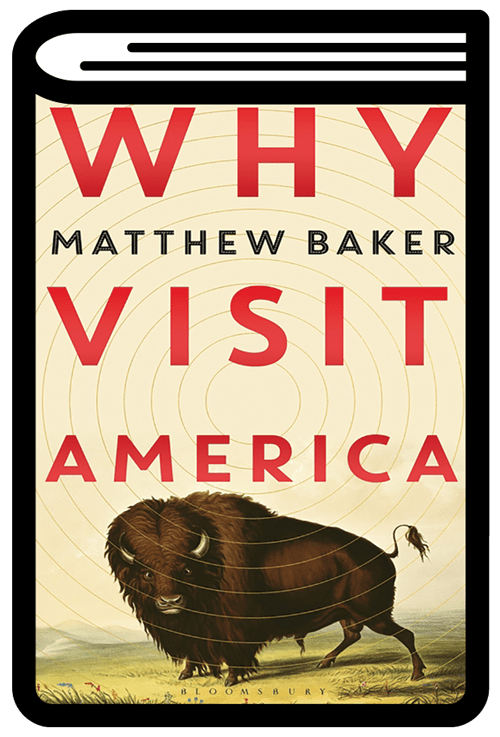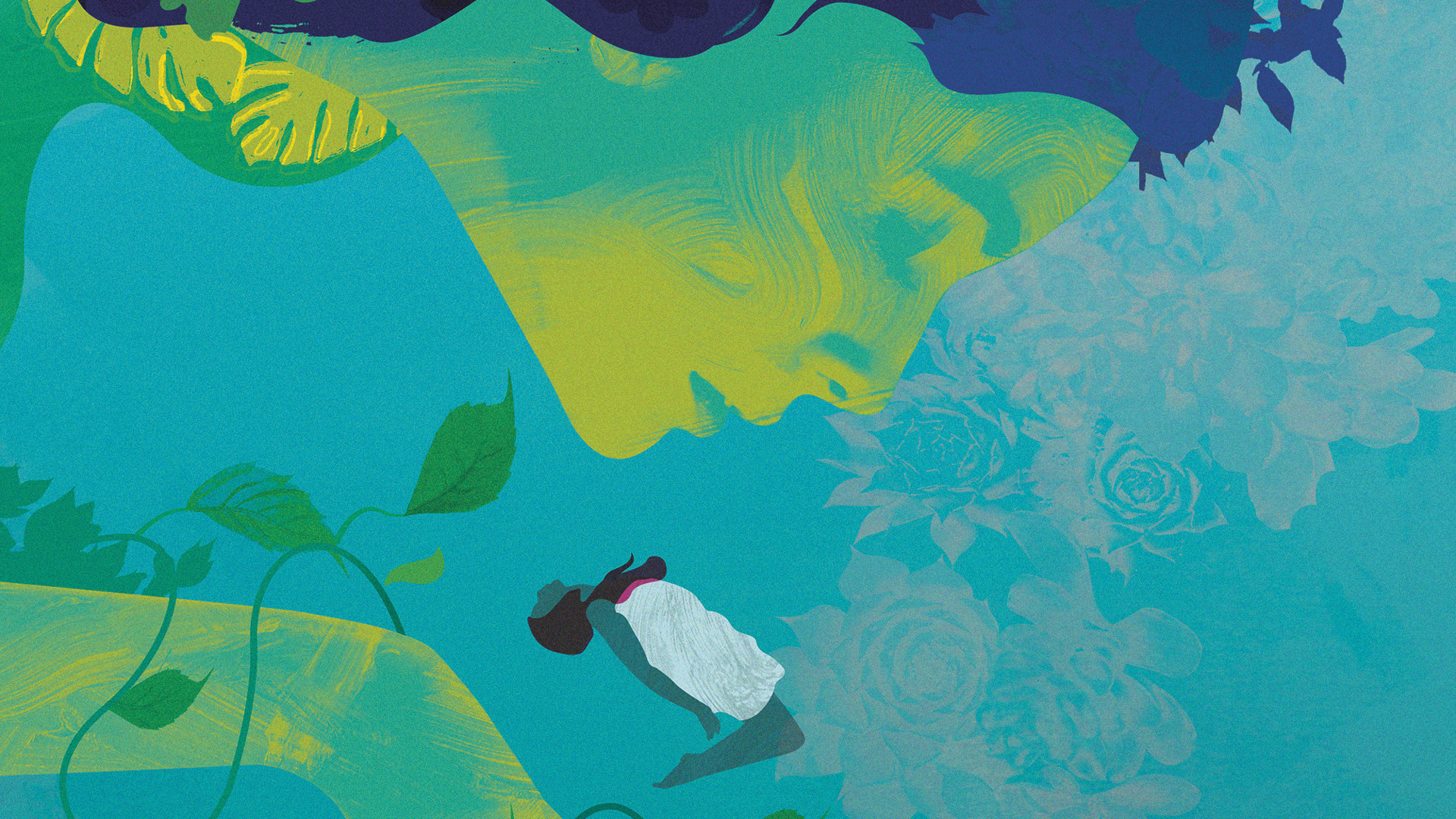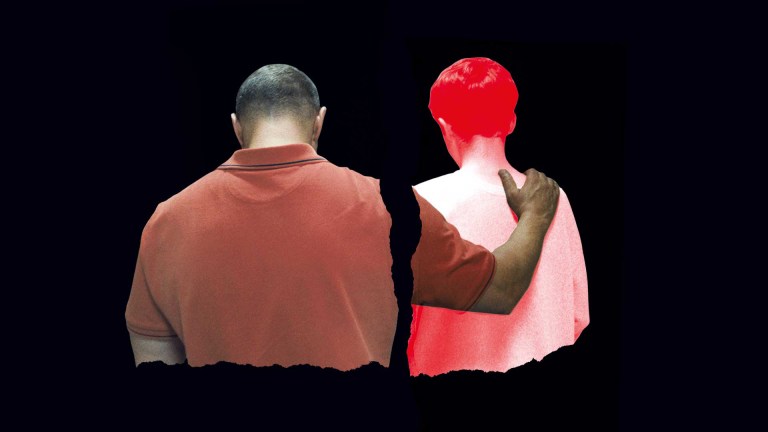Dublin-born writer Emma Donoghue is best known as the author of Room, the international smash hit she adapted into an Oscar nominated film. The novel, about a mother and her young son encountering the outside world after years of being imprisoned in a single room, has, for obvious reasons, taken on a new life since lockdown. One wonders then what readers will make of the chilling prescience of her new novel, The Pull of the Stars. Set almost entirely in a claustrophobic quarantine ward in 1918 Dublin, its depiction of a small group of maternity nurses and mothers-to-be coping with the complex terrors of a global flu pandemic has uncanny contemporary parallels.

The novel is narrated by Julia Power, a pragmatic but compassionate midwife who, along with enthusiastic young volunteer Bridie, toughs it out in a harrowing job which kicks off each day with a role-call of colleagues and patients who have died through the night. The oxymoronic setting of the quarantined maternity ward is a master stroke – just as pregnant women are lost to the epidemic, or delivered devastating news about loved ones fighting abroad, new lives begin, each symbolic of the worldwide hope that the future will be better. In the midst of life, we are in death. But as Donoghue reminds us, the reverse is also, always, true.
Donoghue’s stories of childless mothers and motherless children will long resonate
As readers of her other historical fictions will know, Donoghue is a master of scene-setting. This is partly down to the meticulously researched minutia with which she paints her pictures. The Pull of the Stars is rich with evocative, graphic detail; of local methods of public place disinfection, invasive medical procedures, and gruesome symptoms of disease. We are immersed in the aroma of eucalyptus and carbolic, in rooms where women with veins like ‘tangles of blue twine’ spew up ‘seaweed-coloured sputum’. The authenticity this awards is coupled with Donoghue’s empathetic imagination, so that every passing woman’s story – whether of prenatal illness, wartime bereavement, grinding poverty or brutal treatment at the cold hands of the Catholic church – is deeply felt. There are times when this novel reminded me most of an especially affecting episode of Call the Midwife, a comparison I mean as a hearty endorsement.
More than Donoghue could have guessed when writing, misjudging the mood of paranoia, guilt and shared sorrow produced by a pandemic could have destroyed the believability of the novel. But her author’s diligence and emotional intelligence have converged beautifully to tell stories of childless mothers and motherless children which will long resonate. And probably get made into a movie.

New Yorker Matthew Baker’s new short story collection Why Visit America was a little revelation to me as I wasn’t aware of his previous work. The fantastical tales in this delightful book poke, with gleeful audacity, at the edges of contemporary America and late Capitalism, a system Baker appears to envisage slowly disintegrating. Transitions of sex, gender, language, geographical borders, and even neurological states are examined in thrillingly imaginative stories about newly declared countries, sponsored weddings, memory erasure, soulless bodies, and bodyless souls. Occasionally the metaphors are a little pat, but this is a witty, exuberant collection which variously reminded me of sci-fi writer Ken Lui’s The Glass Menagerie, Nana Kwame’s Adjei-Brenyah’s Friday Black, Charlie Kaufman’s Eternal Sunshine of the Spotless Mind, and Russell T Davies’ Years and Years. Mind-bending, like all the best drugs.
The Pull of the Stars, Emma Donoghue, Picador, £11.99










